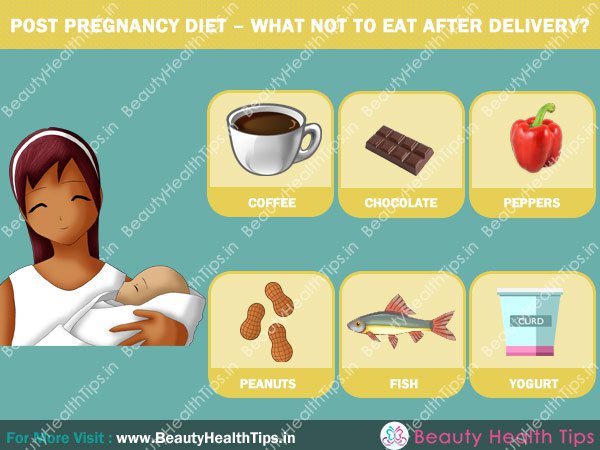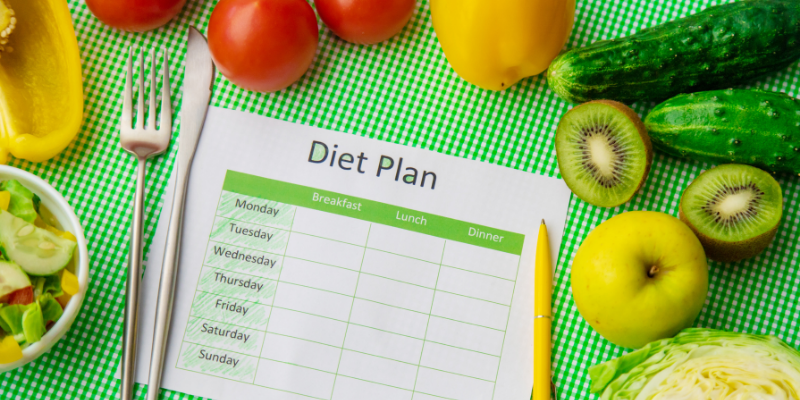A number of times a new mother is so engrossed in her new bundle of joy (and rightfully so) that she tends to forget about her own health and as a result of it, may start to suffer from some health issues. In fact, the period exactly after you have had your baby is very stressful and complicated because not only is your body trying to adjust with the fact that it is no longer carrying another tiny human being inside it, but it is also trying to heal itself. If in such situations new moms do not take care of their health and watch what they are eating, not only do they start to struggle with extra weight, but they also have issues like a high blood pressure, increased risk of diabetes and so on.
In light of this, today we take a look at a good postpartum diet, and more importantly, the kinds of food that they should not eat.
Which foods should you avoid?
Fried food
This goes without saying that oily food or even any kind of friend food contains a very large number of calories and tends to cause bloating in the mother. It can also lead to fat accumulation in your body, and therefore moms have a much harder time trying to shed off those extra pounds.
Canned foods
As difficult as this may sound, it is a good idea to try and avoid canned food products, especially canned meat and canned fish because they contain a large number of preservatives as well as very high sodium content. This is bad, not only for the baby but also for you because it increases your blood pressure and affects your body’s homeostasis.
Alcohol
You should avoid all kinds of alcohol after you have delivered. This is because not only will it severely impact the way your body heals itself after nine months of nurturing another human being, but also because the alcohol that you consume can directly pass to your baby through your breast milk, and will most certainly stunt their growth and cause a range of other physical issues.
Dairy products
While this is much debated and contested, it is a good idea to set a limit on the amount of dairy products that you consume in a day because it affects the breast milk, and can tend to develop lactose intolerance in your baby as their digestive systems are not yet completely developed to digest milk. Instead, stick to yoghurt, since it contains good probiotics and low calorie containing dairy products.
Caffeine
Caffeine in any form can also be directly transferred into the baby’s system, which can lead them to have a disturbed sleeping pattern, which in turn can make them irritable and fussy. Avoiding caffeine is also a good idea because it tends to keep you awake, and as a new mom, you need as much sleep as you can get.
Spicy food
As such spicy food or food containing a large amount of capsaicin is a little harder to digest and may increase the temperature of the body. Apart from this, the spice content in the food may affect the quality and structure of your breast milk and directly affect your baby’s digestive system as well, leading to a number of stomach related issues.
Things to remember
- Always remember to drink at least eight glasses of water during a single day because mothers tend to get more dehydrated after they have had their babies since their bodies also have to work hard to produce milk for the baby.
- Weight loss, especially after having a baby is a slow process. Therefore, have patience with your body and do not push it too hard.
- Combining the right diet with very light exercising helps you get better results. However, always consult your doctor before exercising or else you may end up injuring yourself.
- Try to add more leafy and green vegetables as well as colourful fruits into your diet, but stay away from ones like cauliflower as they tend to cause gas formation. Also remember to add more pules and legumes to prevent constipation and to increase your protein intake.





